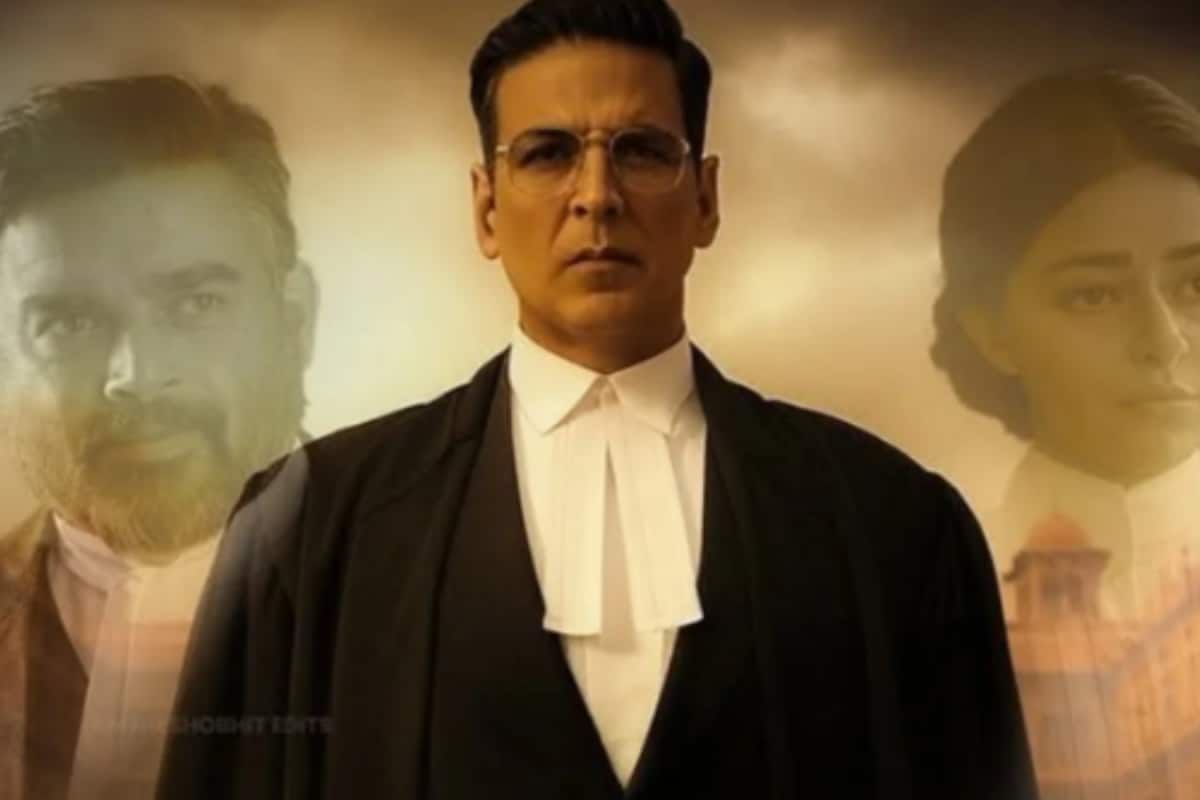

The recently released Bollywood film, Kesari Chapter 2, has found itself embroiled in a significant controversy, particularly in West Bengal. The Trinamool Congress (TMC), the state's ruling party, has strongly condemned the film, alleging historical distortion and disrespect towards Bengali freedom fighters. This has led to the filing of a First Information Report (FIR) against the film's producers, escalating the issue into a full-blown political debate.
The core of the TMC's objection lies in the film's alleged misrepresentation of key figures from Bengal's revolutionary history. Specifically, the film is accused of referring to Khudiram Bose as "Khudiram Singh" and Barindra Kumar Ghosh as "Birendra Kumar" in a courtroom scene related to the Muzaffarpur Conspiracy Case. These alleged inaccuracies are seen as a deliberate attempt to undermine Bengal's significant contribution to India's freedom struggle and an insult to the sacrifices made by its revolutionaries. A resident of Bidhannagar South, filed the initial police complaint, asserting that the film disseminates misinformation and risks sowing linguistic and regional discord. Police have registered a case based on the complaint under sections 352 (intentional insult), 353 (1) (c) (public mischief), and 353 (2) (circulating false statements or information) of the Bharatiya Nyaya Sanhita (BNS).
TMC leaders have been vocal in their criticism, with some calling for immediate action and questioning the film's censor certification. West Bengal Chief Minister Mamata Banerjee has also weighed in, criticizing the central government and expressing her dismay at the alleged distortion of Bengali freedom fighters' names. Kunal Ghosh, a TMC spokesperson, stated that such distortions should be rectified, or the film should not be released.
The BJP, on the other hand, has dismissed the allegations as a non-issue. BJP MP Samik Bhattacharya questioned the TMC's sincerity, while notable Bengali personalities and viewers have voiced their displeasure. This political polarization further intensifies the controversy, highlighting the sensitive nature of historical representation and regional identity.
Kesari Chapter 2 is inspired by the story of C. Sankaran Nair, a lawyer who fought against the British Empire in the aftermath of the Jallianwala Bagh massacre. The film depicts his legal battle to expose the truth behind the massacre, but some critics argue that it takes excessive liberties with historical facts for dramatic effect. Some reviewers noted historical inaccuracies, with timelines being altered and events misrepresented. This has raised concerns about the film's overall authenticity and its potential to mislead viewers about historical events.
The controversy surrounding Kesari Chapter 2 raises important questions about the responsibility of filmmakers when portraying historical events. While films often take creative liberties for storytelling purposes, there is a growing debate about the extent to which historical accuracy should be maintained, especially when dealing with sensitive topics like freedom struggles and national heroes. The incident also highlights the significance of regional sentiments and the need for filmmakers to be mindful of cultural sensitivities when representing diverse histories.
As the controversy unfolds, it remains to be seen how the filmmakers will respond to the allegations and what impact this will have on the film's reception. The incident serves as a reminder of the power of cinema to shape perceptions of history and the importance of ensuring responsible and accurate representation.